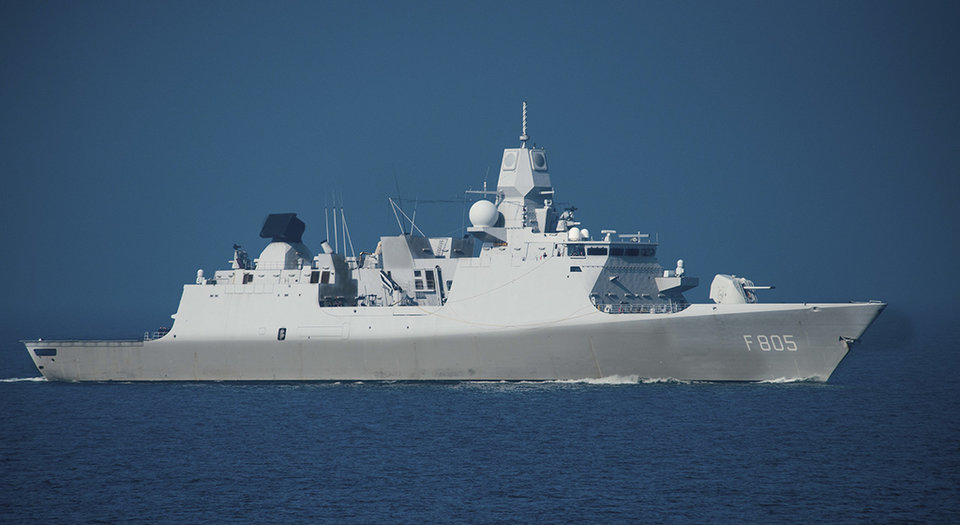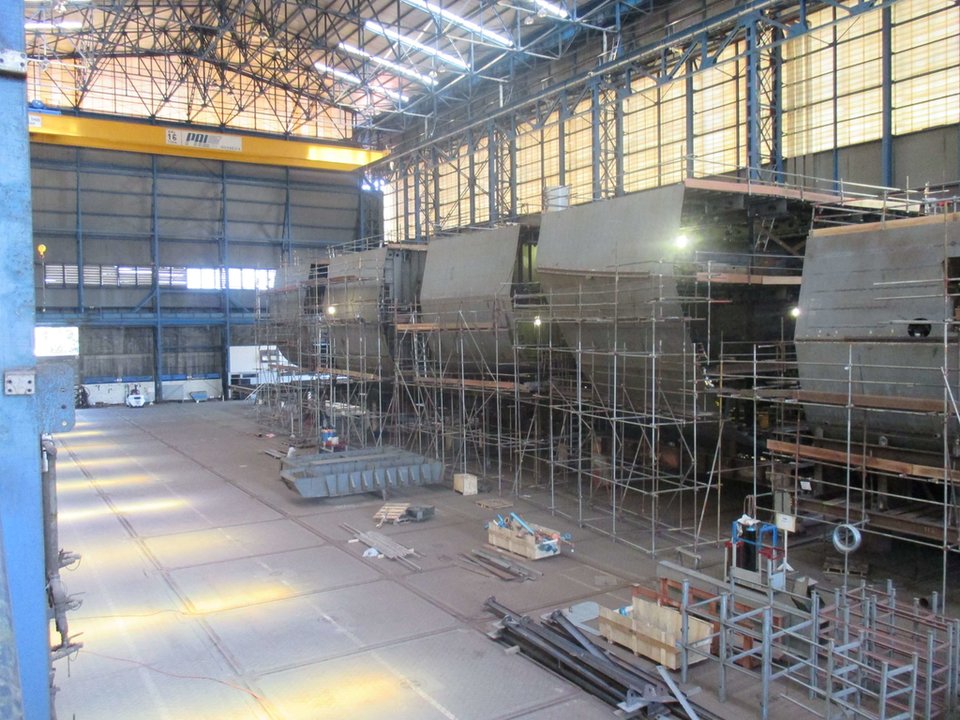company insight
Sustainable, Strategic and State of the Art—Is the DAMEN model the Future of the RCN?
The Canadian Surface Combatant (CSC) procurement is the biggest procurement in Canadian history. It will supply a generation of badly needed modern warships to the Canadian Navy and will contribute to rebuilding long-term naval capability in Canada. As this is a significant investment over decades, these frigates will have to be selected with care and foresight. At every deliberation, the government should be asking the question—Is this the right solution for Canada?
The selection has to be weighed in the context of overall cost, risk to the taxpayer, capability and sustainability of the ships offered. A key element of the CSC selection process is the use of a Military Off the Shelf (MOTS) framework for selecting a parent design that would then be brought to Canada and adapted to CSC’s unique requirements. Using MOTS approach takes advantage of the risk reduction and lessons learned gained on the initial production activities. Using a MOTS approach also supports the Canadian value proposition policy mandates for developing robust long-term economic benefits as well as important intangible benefits such as knowledge transfer, intellectual capital, and innovation capacity.
Alion addresses these Canadian objectives by partnering with Damen Schelde Naval Shipbuilding (DSNS). Damen is a global shipbuilding enterprise accustomed to exporting its shipbuilding know-how to local shipyards. This fosters collaboration with domestic navies and industry to tailor production to national requirements and enhance sustainable domestic capacity. Alion, with Damen, offer a proven and effective MOTS compliant platform, and an industrial partner ready to work with Canada to support an on-schedule, on-budget CSC construction.
Alion selected the Damen Air Defence and Command Frigate De Zeven Provinciën (LCF) as its CSC parent. The LCF is a production-ready solution with four ships in operational service in the Royal Netherlands Navy. The ship meets all mandatory requirements of CSC. Damen’s use of modular, open construction techniques allows for easy change-out of components to support CSC specific requirements while maintaining well integrated, mission effective solutions.
The Damen business model allows top quality vessels to be built anywhere in the world through their knowledge and technology transfer programs. By collaborating closely with the local shipyard the transfer of skills takes place efficiently. Damen exports its production design, build process and quality standards to capable shipyards around the world, giving it an advantage in the global shipbuilding market. Like Alion with its six decades of ship design and partnering with the US Navy, Damen has a proud history of naval engineering success. “Our naval vessel construction is backed up from numerous sides. DSNS has a history of building naval vessels that goes back more than 140 years. They provide expertise in military and combat systems, and naval classification regulations, as well as engineering skills,” according to Design and Proposal Manager Piet van Rooij.

Damen’s experience in construction of complex vessels and transferring knowledge to local shipyards was evident during the recent Indonesian Navy frigate program. The two vessels were built using a collaborative modular process operating simultaneously at the Damen shipyards in the Netherlands and the PT PAL shipyard in Indonesia. Each frigate is made up of six modules, and for the first vessel four of these were built at PT PAL. The other two modules were built and fully tested at DSNS in the Netherlands before being shipped for final assembly at PT PAL. The construction and testing of the modules simultaneously at two different locations signifies the unique Damen Schelde modular building strategy that is unparalleled in the naval shipbuilding industry. This also allows for an extraordinary technology transfer program to proceed smoothly. From the keel laying ceremony in April 2014, it took less than two years for first vessel assembly and was launched by Indonesia in January 2016.

By partnering with Damen, Alion leverages the flexibility of the Damen business model and combines it with Alion’s agile engineering capabilities. ”To stay at the top, you need to innovate. And to develop and implement good ideas, you need to work together – sharing knowledge to stimulate development of the best possible products. This is why we work with customers such as the US Coast Guard, independent research organisations including Delft University of Technology, TNO and MARIN, suppliers and classification societies. And, of course, we listen and cooperate with our customers – building strong relationships to produce better products,” says Damen.
With the De Zeven Provinciën frigate design by Damen as its proposed solution, Alion offers a proven, mission tested and technically capable surface combatant to the Canadian Navy under a proven, sustainable, globally validated and truly innovative business model. It is an ideal combination for the Canadian context.